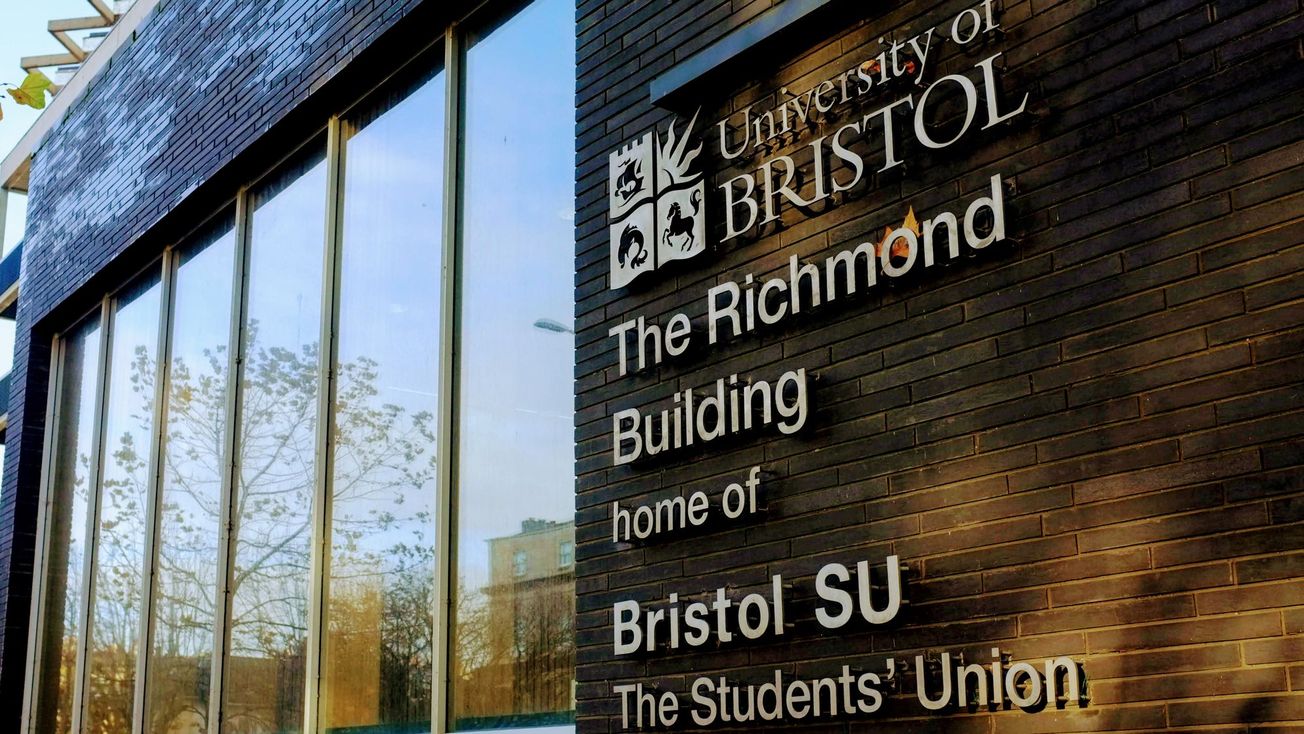By Robin Connolly, Co-Editor-in-Chief
The criticism follows widespread frustration at the algorithm used to calculate this year’s A-Level results, which downgraded almost 40% of teacher’s predictions.
Bristol University’s Student’s Union has criticised this year’s A-Level marking system and pledged its support for a National Union of Students (NUS) petition that calls on the UK government to give all students their teacher assessed grades.
In a statement signed by its Officer Team, Bristol SU expressed that the A-Level results many received this year ‘were not influenced by skill, hard work, or tenacity: rather an algorithm designed to estimate what students would receive, despite their teachers’ informed estimates of their potential often being several grades higher’.
Thousands of students’ A Level results yesterday were affected by a disproportionate and unjust system.
— Bristol SU (@Bristol_SU) August 14, 2020
We support the NUS petition to the government to right this wrong.
You can view the officer's full statement here and sign the NUS petition >> https://t.co/kzFj7QGHCD pic.twitter.com/06zC2u8SaK
Following this year’s cancellation of in-person A-Level exams due to Coronavirus, results were decided based on the ranking of a student’s predicted ability, as judged by their school, which was then moderated by how well the school had performed in exams in previous years.
In total, almost 40% of teachers’ estimates were downgraded by one grade or more, which is approximately 280,000 grade entries, causing disappointment and frustration from many students.
In its statement, Bristol SU said: ‘Countless students have been stripped of the opportunity to reach their potential due to a faceless algorithm designed to see them as numbers and statistics, rather than determined, dynamic, and deserving students’.
‘Many students’ results yesterday were affected by a disproportionate and unjust system, and that is not fair.
‘We stand in solidarity with the students country-wide who have been impacted by this decision making, and whole-heartedly support the NUS petition to the government to right the wrong done to them.’
The NUS petition primarily calls on all A-Level students to be given their teacher assessed grades with no moderation, stating that ‘this year’s students deserve a leg up rather than marking down.’
The fallout from students, parents and politicians has forced the government to concede covering the costs of all appeals against downgraded results – a demand that was also made in the NUS petition.
Such an appeal will be made by many students who were unable to obtain their preferred University place.
This year, the University of Bristol received more than 52,000 applications for approximately 6,000 undergraduate places across its full range of subjects.
Due to a high number of enquiries, the University dealt with over 5,500 requests in the first five hours after results were released on Thursday, including from those wishing to join the University through Clearing.
Kerry O’Shea, Director of Admissions at the University of Bristol, said: ‘During what has been a particularly challenging year for A-level students, we’ve been delighted to tell thousands of applicants they’ve secured a place at Bristol’.
SU reveals its virtual plans for Welcome 2020
The students addressing educational inequality in Bristol schools
‘There’s understandably been more uncertainty due to the use of predicted grades and we’ve been advising students on their options.’
‘Congratulations to everyone who has had their place confirmed. We are delighted that so many candidates achieved the grades required and we look forward to welcoming all our new students in September.’
On Tuesday, the UK government announced that if students were unhappy with their grades they would be able to use their mock exam results, as well as sit exams in the autumn.
Ofqual, the exam regulator, however, is yet to say how a mock exam can be validated, with some concerned that these exams are not standardised or sat by all pupils.
Featured: Epigram / Patrick Sullivan
What do you make of this year’s A-Level marking system?







